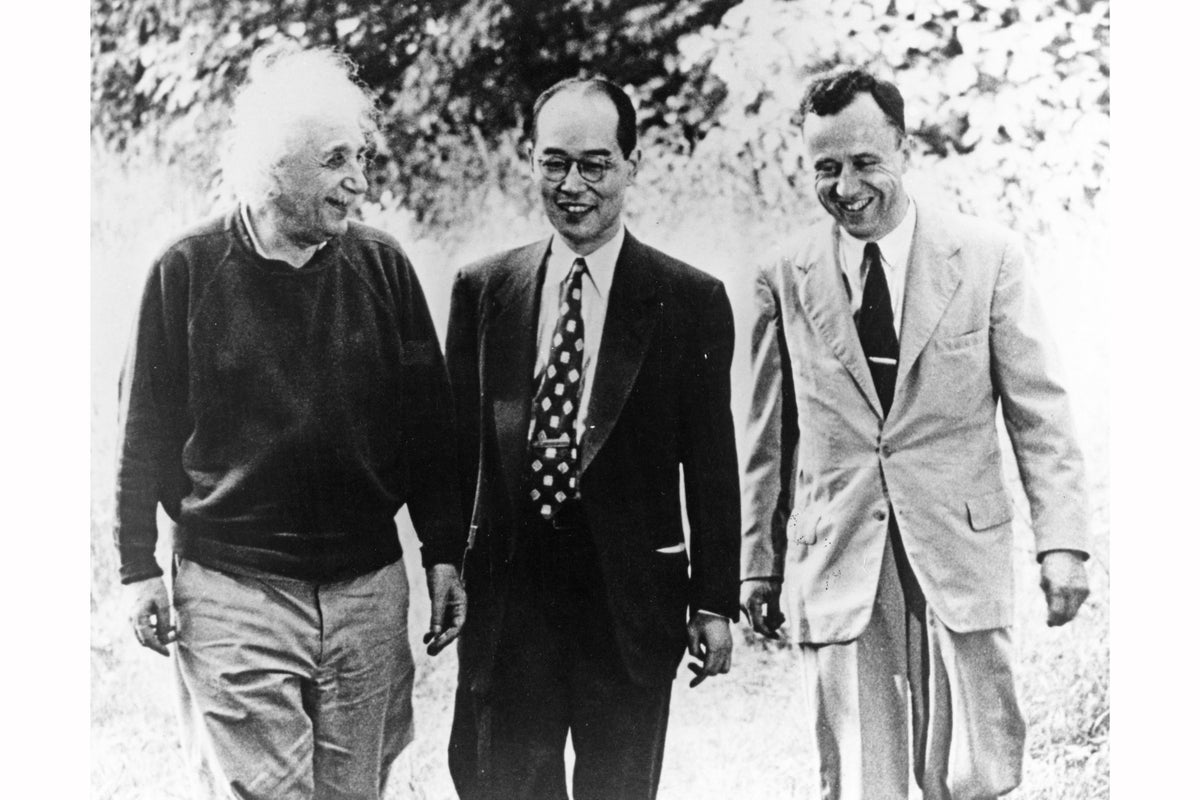- Joined
- Mar 6, 2019
- Messages
- 34,312
- Reaction score
- 34,553
- Location
- PNW
- Gender
- Male
- Political Leaning
- Other
When I thought of this thread title, I was unaware of the book by Michael Foley of the same name (or the album by Phil Campbell). This thread is not about that... exactly. The theme of that book, however, fits into this narrative. I was thinking of the 1920 novel by Edith Wharton, The Age of Innocence and the 1977 book by Kenneth Galbraith, The Age of Uncertainty. I liked the play of words, and the interplay between those titles. And, I was thinking of absurdism philosophy and literature, and how apt it is in our current age.
Voltaire said (in translation), "Those who can make you believe absurdities can make you commit atrocities." ("Certainement qui est en droit de vous rendre absurde, est en droit de vous rendre injuste"). We are certainly in the throes of that condition. Putin's excuses for invading Ukraine certainly fall within that paradigm, and I would argue that the whole MAGA movement, and the events of January 6 are proof of its validity. But, again, this thread is about more than that.
The subtitle of Foley's book is "Why Modern Life makes it Hard to be Happy", and that does fit into my précis - which is that we are now living through a period when absurdity is rampant. People are willing to believe almost anything and have abandoned any semblance of relating to common sense or how things actually work. People who believe in such absurdities are not only unhappy - angry, even - but are making our political and moral systems unworkable.
That's where I would like to address this discussion - on both the literary/philosophical tradition of absurdism, and how it has come to fruition in our modern age.
Voltaire said (in translation), "Those who can make you believe absurdities can make you commit atrocities." ("Certainement qui est en droit de vous rendre absurde, est en droit de vous rendre injuste"). We are certainly in the throes of that condition. Putin's excuses for invading Ukraine certainly fall within that paradigm, and I would argue that the whole MAGA movement, and the events of January 6 are proof of its validity. But, again, this thread is about more than that.
The subtitle of Foley's book is "Why Modern Life makes it Hard to be Happy", and that does fit into my précis - which is that we are now living through a period when absurdity is rampant. People are willing to believe almost anything and have abandoned any semblance of relating to common sense or how things actually work. People who believe in such absurdities are not only unhappy - angry, even - but are making our political and moral systems unworkable.
That's where I would like to address this discussion - on both the literary/philosophical tradition of absurdism, and how it has come to fruition in our modern age.



